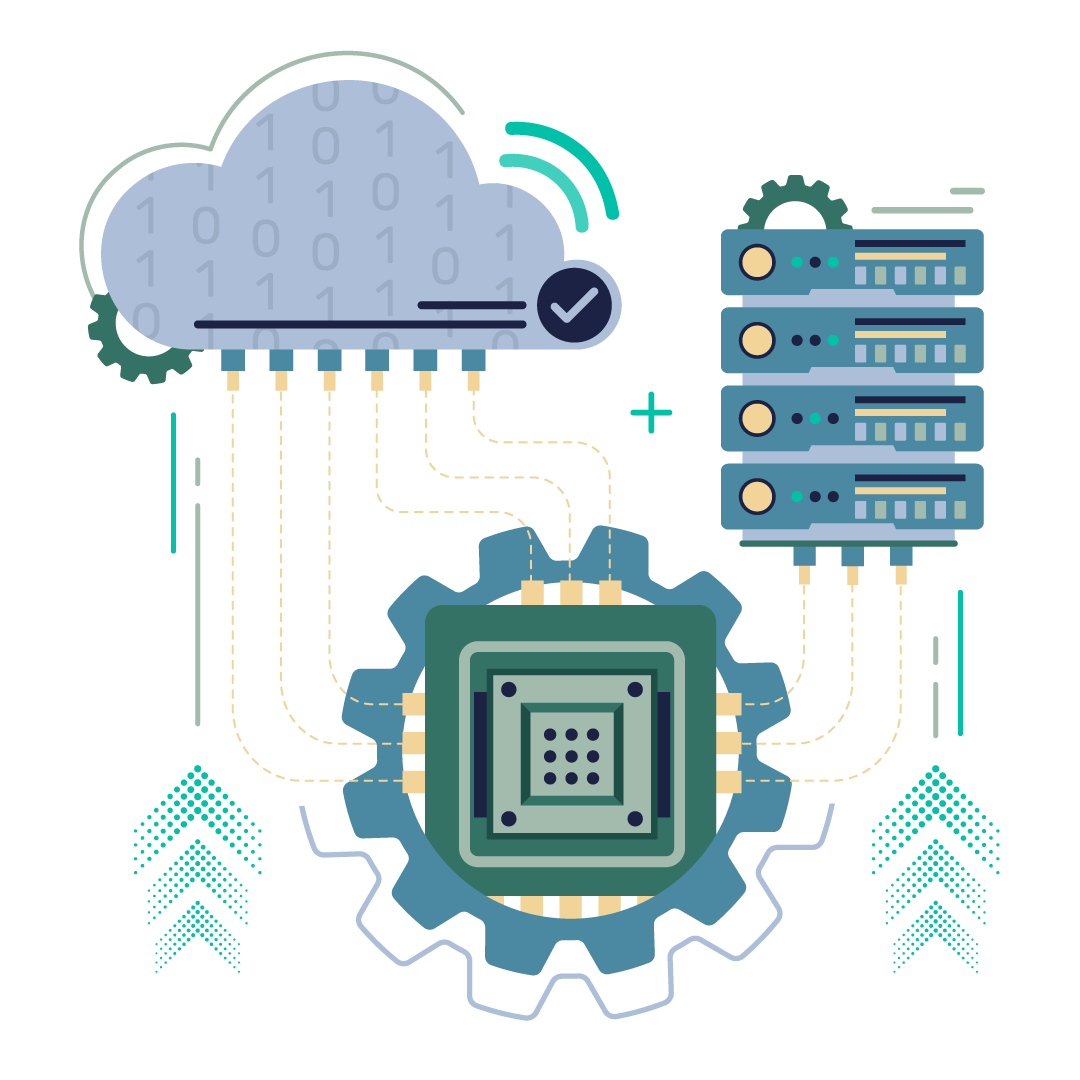I think it’s really a must-attend event for CX professionals. I’ve gone to other events in the past and this surpasses all of them.


We are careful about who we send this key document to. The session notes will be sent based on the request, provided your profile matches our qualification criteria.
Most companies are building, automating and managing legacy core system integrations and connecting those to the cloud as part of “digital transformation”. Is it working?
We are careful about who we send this key document to. The session notes will be sent based on the request, provided your profile matches our qualification criteria.
OpenLegacy helps organizations quickly develop a composable enterprise by extending their core (legacy) systems to the web, mobile and cloud in days or weeks versus months. Our API software quickly reduces project backlog by automating and accelerating API creation, deployment, testing and management from core applications, mainframes, and databases. Together, business and IT teams can quickly, easily, and securely meet consumer, partner or employee demands for digital services without modernizing or replacing core systems, and without special programming skills or invasive changes to existing systems and architectures.
Participation in the Virtual Roundtable is free of charge to qualified attendees. Once you’ve completed the registration, we’ll confirm your invitation and send you a calendar invite with a link to the meeting.
If you don’t qualify, we’ll suggest other learning events that may be a better fit for you.
I think it’s really a must-attend event for CX professionals. I’ve gone to other events in the past and this surpasses all of them.

A lot of other conferences I’ve gone to are driven off a podium, someone presenting me a solution before they understand my problem. Here I have an opportunity to talk to my peers and learn from them.

I’m not part of some enormous crowd out there. I’m getting lot of interaction, hearing from people, their own personal stories. Individual examples of how people are leveraging their CX skills in their industry, in their business, in the work that they do everyday.

Very intimate, Very one-on-one! You are able to really get a lot of candid responses, so we’re getting a ton of value from that and a lot of valuable insights.
